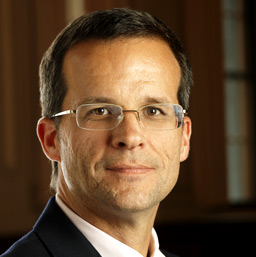
The government should not resolve the debt ceiling crisis, as it did the financial crisis, by manipulating the rule of law.
The debt ceiling drama increasingly seems like two debates rolled into one. The first is the deficit reduction debate, and the question of what package of spending cuts and/or tax increases lawmakers should agree to. The second is whether we can risk reaching an impasse and failing to raise the debt limit by August 2.
Americans seem much more engaged in the first debate than in the second. We’re told that the failure to raise the debt limit would trigger a worldwide financial crisis, but people seem remarkably unconcerned. Perhaps this is because the numbers are too big and the issues too abstract for ordinary citizens to understand. But I don’t think so. I suspect the disinterest is a legacy of the pattern of bailouts throughout the recent financial crisis, and the manipulation of the rule of law that accompanied them. We now assume that warnings of financial Armageddon are always premature; there’s always an escape hatch.
If this is correct, the recent suggestion that the president might simply declare the debt ceiling unconstitutional, based on the 14th Amendment’s statement that “the validity of the public debt of the United States, authorized by law … shall not be questioned,” is especially pernicious. It underscores the perception that no crisis is real, and that the rules can always be manipulated to make a problem go away. There’s a vicious cycle here. The inability to persuade Americans that a crisis is serious may make it less likely that Congress will agree on a solution, and create even more pressure to sidestep this problem by bending the rules.

